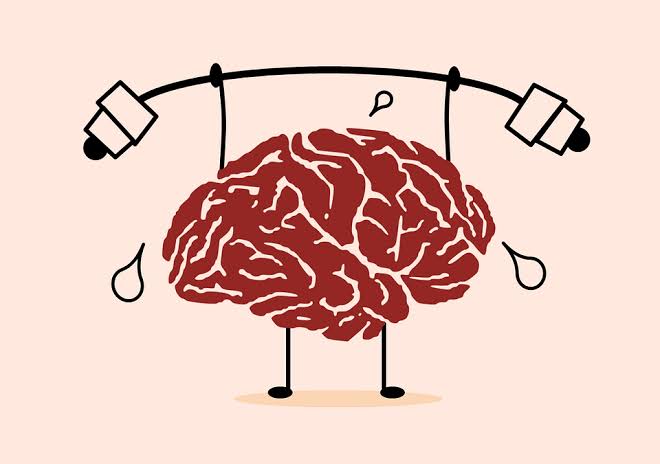Keep your brain fit and reap many rewards
If you want to fully take advantage of your increased lifespan, keep your brain fit. You can do that with physical and mental exercise, proper diet, and lifelong learning. We hear a lot about diet when it involves weight control or diabetes or blood pressure or cancer or dozens of other possible afflictions. But we don’t hear nearly as much about maintaining brain health through proper nutrition.
The three-pound mass of nerve cells and supporting tissues that we call the brain is so complicated with its 100 billion neurons, or active brain cells, that it is still not fully understood. But it is known that brain health is linked to proper diet as well as the other things such as a physically active lifestyle, stress management and adequate sleep. According to Dr Mehmet Oz (TV show aired December 19, 2009) foods that are good for your brain include bananas, blueberries, hemp seed and apple juice. Omega 3 fatty acids are of particular importance.
Until recently the importance of the brain seems to have been overlooked. This is where time is measured and memories are stored. With life expectancy increasing, a lot of us have healthy bodies but unhealthy brains. In Canada alone, it is estimated that over 750,000 people are suffering from Alzheimer’s and other dementias.
There are now gyms for the brain. People pay $60 per month or more to work out on computers loaded with “mental fitness” software. There are classes in brain nutrition and cognitive training. In the past 3 years, more than 700 retirement communities have added computerized brain fitness centers. People spent 80 million dollars in 2008 on mental fitness. The industry is based on a relatively new scientific discovery – neuroplasticity – the brain’s ability to rewire itself by creating neural connections in response to mental activity.
Time management, stress management and health management are merging disciplines. You cannot focus on one and ignore the others. People who lose control of their time usually end up sacrificing exercise, regular medical checkups, leisure activities, relaxation, and regular eating habits and so on. Keeping well is easier and more time effective than getting well.
Although mental exercise is important, the most effective way of keeping your brain healthy is through physical exercise. Physical exercise sends more blood to the brain and with more blood comes more oxygen. It also releases a bunch of other things like nutrients, hormones and cleansing agents. It also stimulates the production of something called BDNF which is important in the growth of new neurons. The brain is only 2 percent of our body weight but consumes 20 percent of the oxygen we take in.
People who exercise regularly in middle-age are only one third as likely to get Alzheimer’s disease in their seventies as those who don’t exercise. So lead an active lifestyle. That reminds me of a cartoon I saw recently. It showed a doctor talking to a patient, with the caption, “What fits your busy schedule better, exercising one hour a day or being dead 24 hours a day?”
Healthy activities such as exercise, relaxation and leisure time should be scheduled in your planner if necessary, along with your priorities and major activities and events. If you don’t, the time in your planner may become filled with work-related activities and you may spiral out of control.


Recent Comments